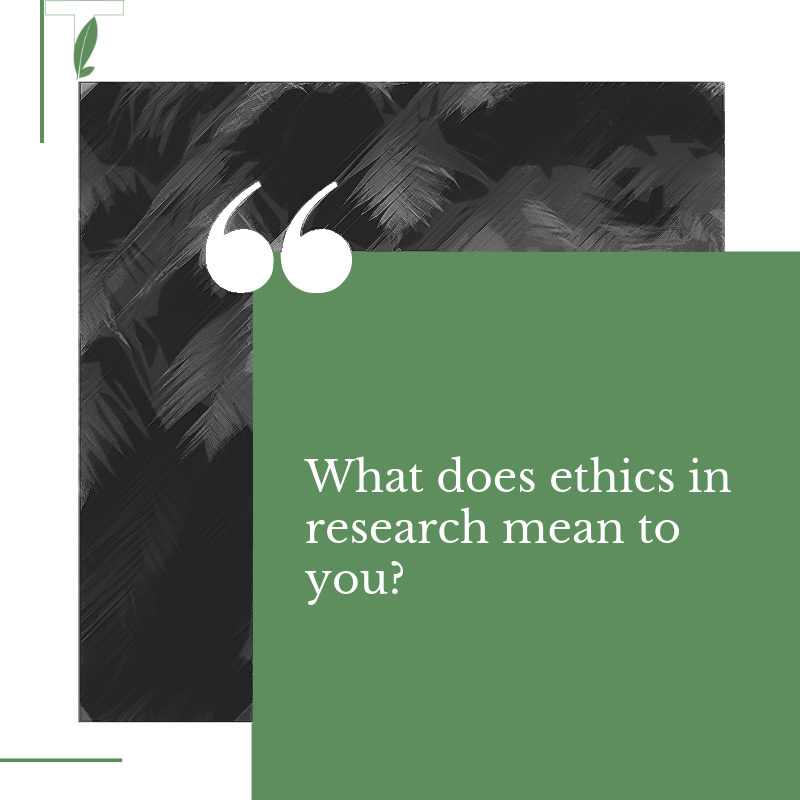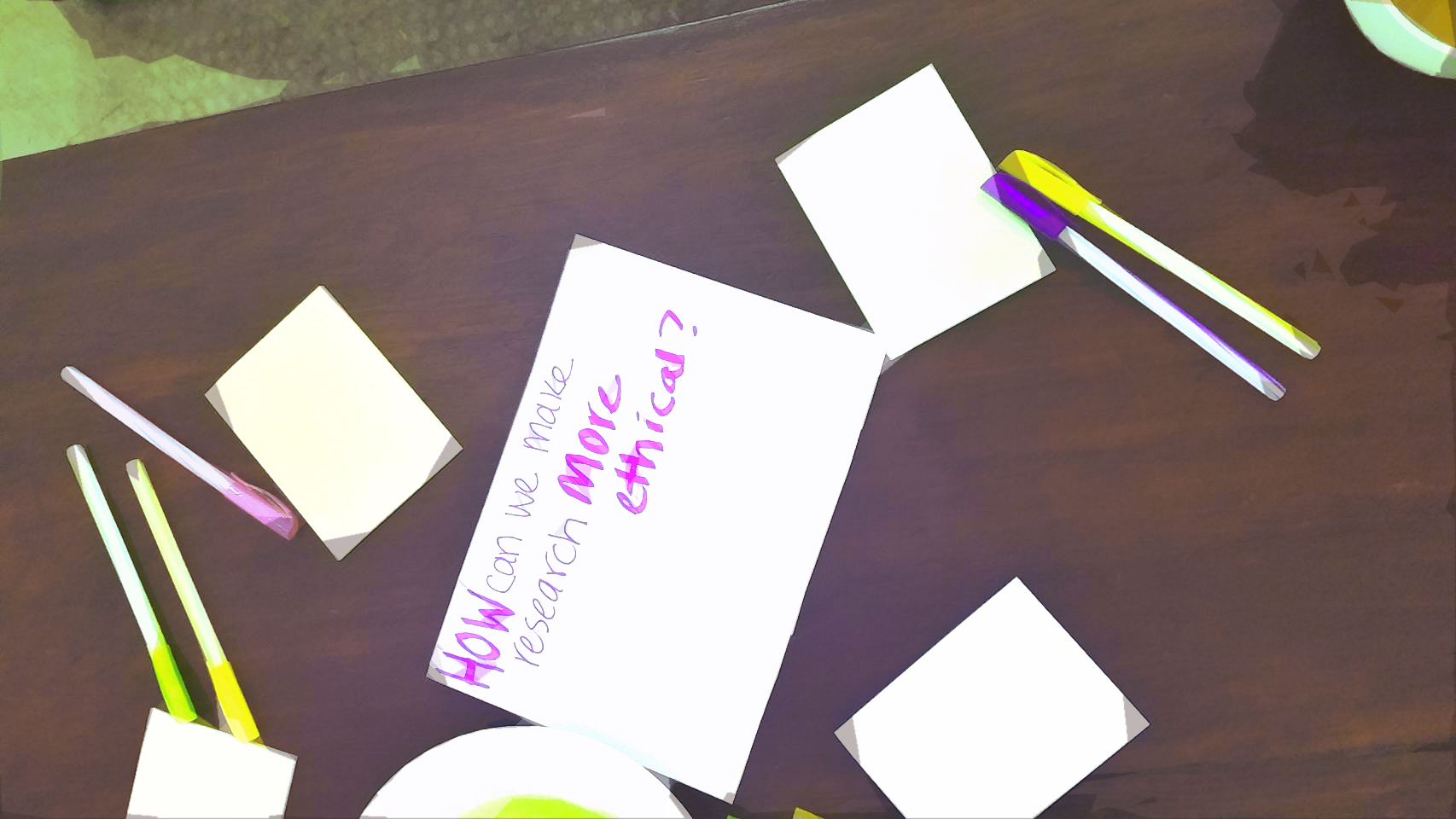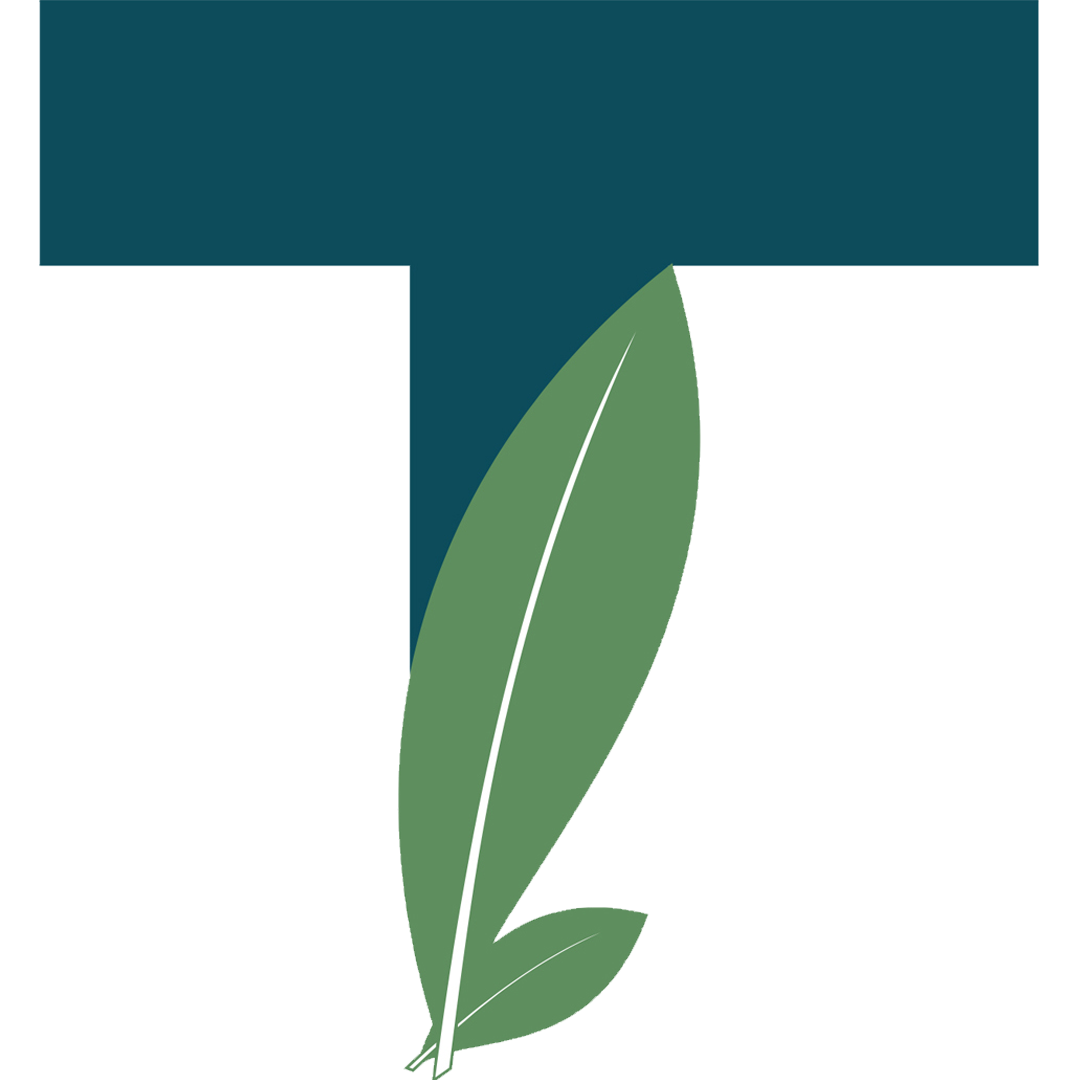A roundtable discussion on ethics in research

The rains finally died down as people trickled into Pansuriya Gallery. The group was diverse, a mix of community and academic researchers representing local and international perspectives. There were health professionals, human rights advocates, land researchers, environmental scientists, independent researchers, as well as MA and PhD students that attended. Some people came to the table with lots of research experience and others were just learning the process.
What brought us together was a chance to discuss openly and without judgement our questions, experiences, concerns, and challenges to the idea of ethics in research. The roundtable discussion was an opportunity for the Tea Leaf Center to learn from the diverse perspectives of researchers on the ground and to better connect researchers with one another.
We began by asking, “what does ethics in research mean to you?” This highlighted the wide rage of perspectives and varying beliefs surrounding ethics. The way it is defined, how we each understand it, and the way it is implemented in research was all different. As expected, there was not one ethics process applicable to all situations because cultural context requires adaptation.

Some of the well-established ideas on ethics were echoed by most participants. Ethical research means ensuring participants benefit, especially when they are giving information at personal risk. Ethics means seeking community contribution to the research process, starting from research design, in order to promote ownership and empowerment. Ethics also means avoiding repeat trauma when possible, this is when a survivor relives the trauma through retelling it. In the same vein addressing secondary trauma is also important, this means addressing potential psychological harm to translators or researchers who hear and document the traumas. Ethics means having policies and protocols in place at organizational level that sets a minimum standard.
An important addition to the discussion of consent was what constitutes meaningful informed consent. Most groups and researchers have an established process for obtaining consent from research participants. However, some participants raised questions about how researchers can identify and avoid consent that is given as a result of uneven power dynamics that may coerce someone into giving consent? Even when researchers try to obtain meaningful consent, power dynamics and cultural norms mean potential participants might feel unable to turn down a request to participate. Participants raised different ways they try to overcome this, including alternatives to requiring signed forms, understanding and equalizing power dynamics (to the extent possible), and seeking consent at the start and again at the end of the process, to ensure participants agree to the researcher including everything that was discussed.

In addition to the common topics like consent, some participants raised ideas about ethics in research that are not discussed often enough. Ideas such as ethics involves finding ways to empower communities and local organizations to turn down researchers and to simply say no to research.
Another ideas is that ethics means maintaining separation between research and advocacy so that the advocacy messaging doesn’t bias the research, or create an impression of bias. Ethics means knowing when, how, and who to pass contacts along to and who has the right to act as gatekeepers. Ethics is also about establishing who owns, can use, and has access to data. Ethics in research means research needs to be long-term – an ongoing process in the communities where research is conducted.
The main takeaway from the talk is a reminder that ethics is context-driven. This means several things. First, a minimum standard for ethics research is necessary but cannot be the sole driver for approving research. The establishment and use of ethics review boards needs to recognize the individuality of research situations, and take that into account when reviewing and approving proposals. Furthermore, researchers must understand the context where they are doing research, including consulting with experts and generating local buy-in. Consent requirements also need to be adapted to the situation, with a thoughtful approach to meaningful, informed consent. Finally, ethical research requires relationship-building and balancing power dynamics to allow for contextualized ethical processes.
Another takeaway from the event is that ethics is a process, not a set of standards. Ensuring research is ethical requires self-reflection and continual learning about the research context, and learning from other researchers. This event was a good start, but more is needed to build a reflective community of researchers in Myanmar who can support each other to promote more ethical research, and to push back against instances of unethical or harmful research. It is encouraging that so many participants were interested in continuing this conversation. The Tea Leaf Center hopes to do its part to contribute to building this community, including through future discussion events like this.


